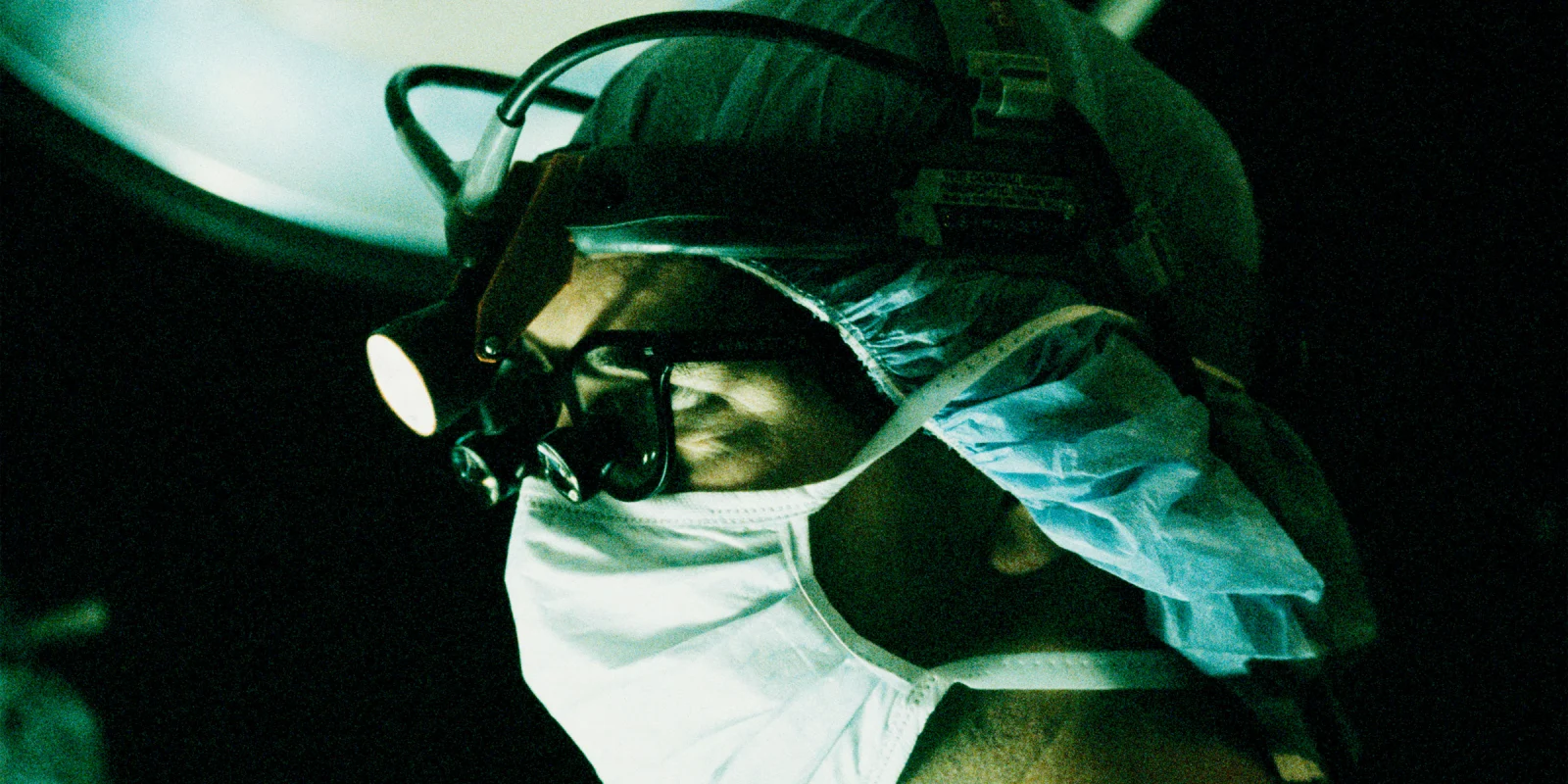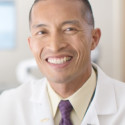“Phil, you are weak, and you have poor muscle endurance.”
I am sure I heard this from my past coaches, but this was not what I expected to hear from my physical therapist. This hurt my ego. I have been physically fit all my life. I grew up playing basketball and baseball. I played three varsity sports in high school and two varsity sports at a Division 3 college. In medical school and residency, I played basketball, softball, and soccer as much as my schedule would allow. As an attending, I work out daily in the gym to maintain my mental well-being and I continue to play competitive soccer. Even though I am on the field with “kids” half my age, I believe that I am still one of the fittest on the field. My physical therapist interrupted my rationalizing musings/fantasy and continued, “You lack cervical flexor strength and have a decreased ability to complete a chin tuck with forward flexion.” To add further insult to injury, she demonstrated that my shoulder range of motion was not ideal, and I had significant muscle tension in my teres major and subscapularis muscles. This explained my significant neck discomfort during my OR days and the neck discomfort that was slowly creeping into my clinic days and active lifestyle away from work.
After 16 years of being heavily involved in academic medicine at a metro tertiary care center and after 11 years of running an otolaryngology residency program, I decided to join a private practice in a rural underserved area. Immediately, my workload in the OR increased 400% as I was doing all my surgical cases skin to skin without residents to supervise/teach, and I had gained another OR day to replace my administrative/teaching day. Now practicing as a true general ENT away from an ivory tower tertiary care center, I found myself doing more open neck cases requiring headlights and loupes. Over time, I slowly felt the tension and discomfort build in my neck. Ironically, my medical students, residents, and I had recently completed a clinical trial and published its results on surgical ergonomics, and I had routinely tried to encourage good posture when teaching my residents and medical students on how to do surgery and conduct physical exams. However, this prior knowledge could not protect me from the daily neck strain I was accumulating. But like a stubborn athlete, I continued to work through my discomfort and often sacrificed my body to get that ideal exposure in the OR.
As I continued to physically torture myself in the OR, I started to think of my dad. He is a retired general otolaryngologist who practiced for 35 years in his busy solo private practice in a rural area. For the past several years, he had been dealing with significant neck pain, subtle arm weakness, and numbness in his fingers. He was eventually diagnosed with spinal stenosis and degenerative changes in his cervical spine primarily due to years of operating with his cervical spine flexed under the weight of loupes and a headlight and using a microscope. When he had his cervical spinal surgery this past spring, I also went in for my first physical therapy appointment to address my own cervical spine issues.
I went through two months of weekly dry needling, daily range of motion exercises, and frequent specific muscle strengthening routines. Initially I felt like I was making no progress as I was religiously stretching my back and neck preoperatively, intraoperatively, and postoperatively. However, I am happy to report that I can now operate for long periods of time with loupes and a headlight and not have any neck strain at all. I feel I have extended my lifespan significantly in the OR (as long as I continue with my daily neck and upper back exercises, maintain my neck and shoulder range of motion, and actively demonstrate good posture). As a bonus, I can now safely check my blind spot without twisting my entire body when I am driving and changing lanes!
I recently listened to a presentation on ergonomics at the annual American Academy of Otolaryngology – Head and Neck. They presented an interesting graphic describing the detrimental effects of staring at our smart phones. Staring straight ahead with zero degree flexion causes 12 pounds of weight on our cervical spine. Bending our neck forward at a modest 15 degrees adds 27 pounds to our cervical spine. Progressing to 60 degrees flexion adds 60 pounds to our cervical spine. Adding loupes and a headlight to this is easily a recipe for disaster.
The frequency of surgeons experiencing work-related musculoskeletal work issues is significant, ranging from 40% to 97% depending on the specialty. One large meta-analysis noted that general otolaryngologists experienced musculoskeletal issues 79% of the time, with neck and back issues being the most common areas of complaints. Meanwhile, 23%-84% of otolaryngologists received some type of medical treatment, with 2.4% to 28% progressing to surgery. Up to 23% had to take a break from work, while 1%-6% had to stop operating. These are eye-opening and sobering statistics.
We, surgeons, are highly functioning athletes in the OR. While we always keep our minds sharp, we also need to take care of our bodies. My PSA: If you feel any neck or back discomfort, I highly encourage you to park your ego, sacrifice your time, and seek out your friendly physical therapist for an assessment. The initial visit will be humbling but the long game results will be simply awesome.
How do you take care of your body as a surgeon? Share in the comments.
Dr. Zapanta is a board-certified otolaryngology - head and neck surgeon who recently made the jump from academic medicine at a major metropolitan tertiary care center to community otolaryngology in a rural underserved area. He is also a Colonel in the United States Army Reserves.
Image by Barros & Barros / Getty Images







